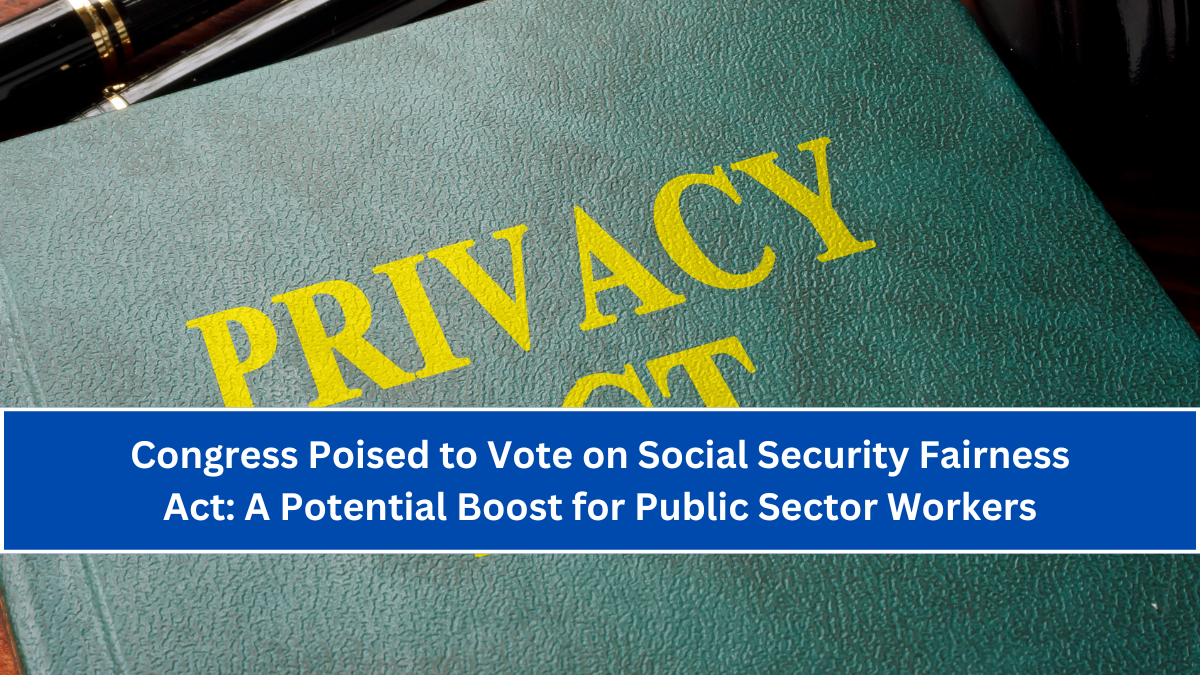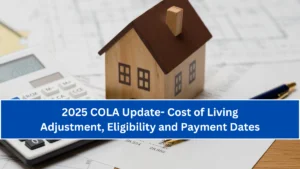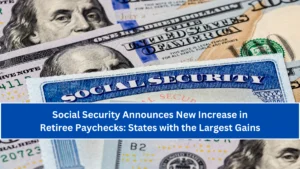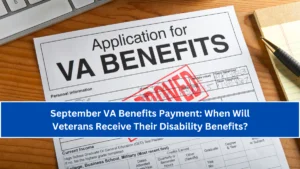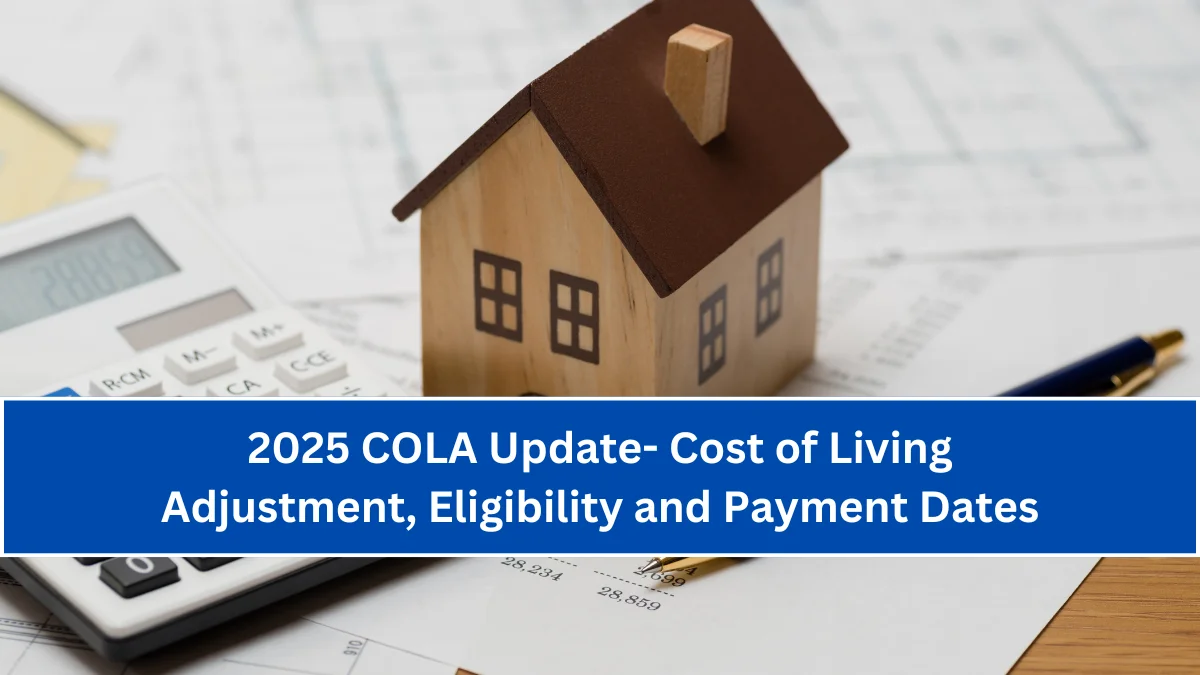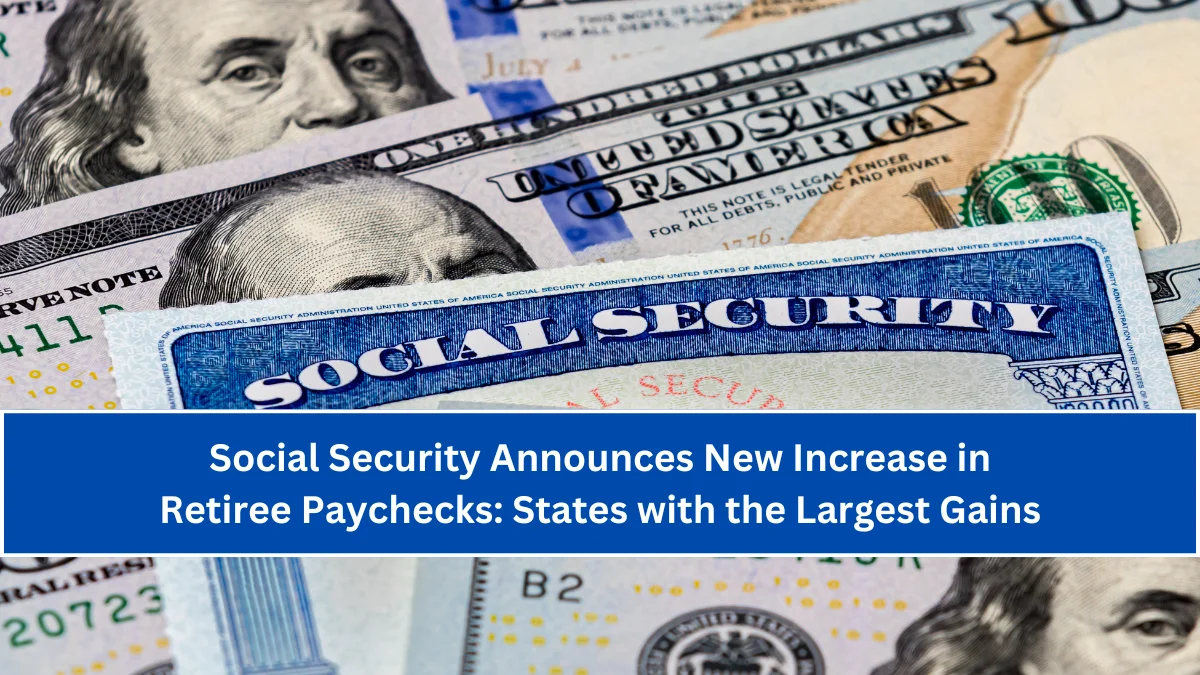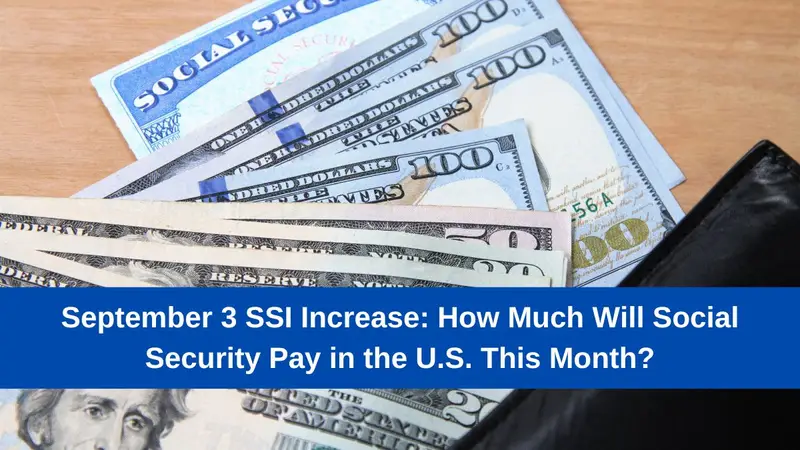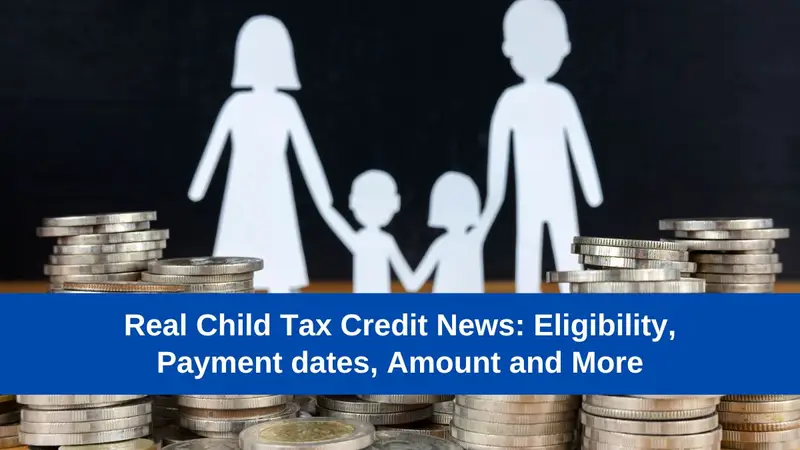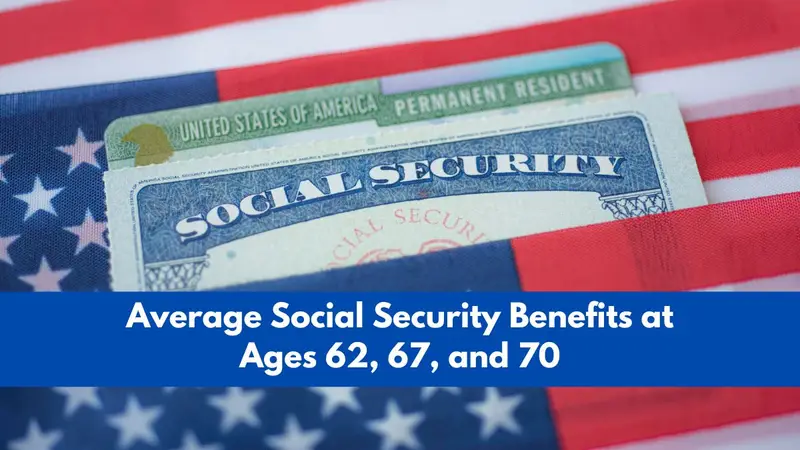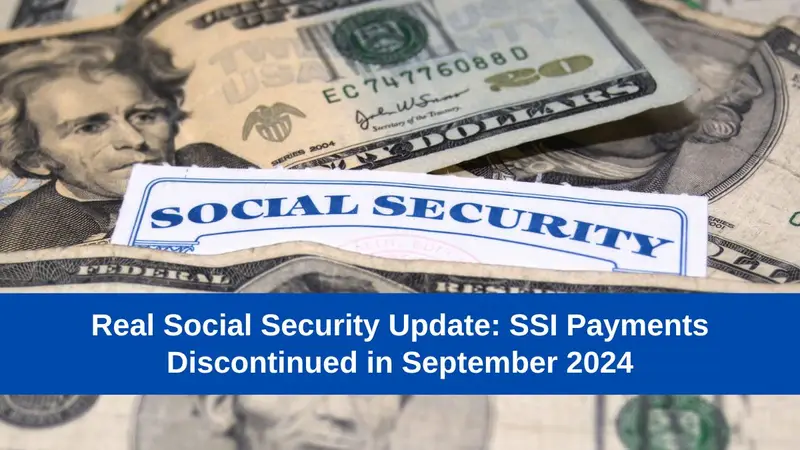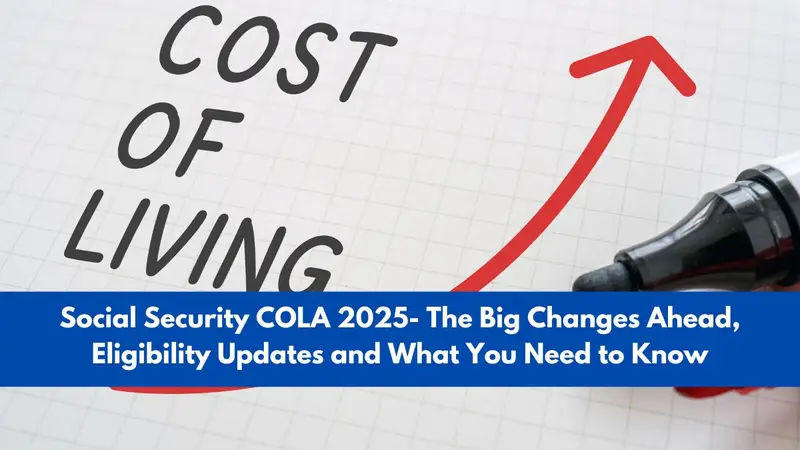Congress is preparing to vote on a crucial piece of legislation that could significantly improve Social Security benefits for millions of Americans. The proposed bill, known as the Social Security Fairness Act, seeks to repeal two controversial provisions—the Windfall Elimination Provision (WEP) and the Government Pension Offset (GPO)—which currently reduce Social Security benefits for many public sector employees.
Introduced by Representatives Abigail Spanberger (D-VA) and Garret Graves (R-LA), the bill has gained widespread bipartisan support, with 325 cosponsors.
This level of support is more than sufficient to force a vote on the House floor, and the bill’s sponsors are pushing for immediate action to ensure it is addressed promptly.
The WEP and GPO: A Closer Look
The Windfall Elimination Provision (WEP) and Government Pension Offset (GPO) have long been contentious issues for public sector workers. These provisions were initially introduced to prevent “double-dipping”—receiving both a government pension and full Social Security benefits.
However, critics argue that these rules unjustly penalize individuals who have dedicated their careers to public service.
- Windfall Elimination Provision (WEP): This provision affects workers who have held jobs not covered by Social Security, such as certain public school teachers, firefighters, and police officers. The WEP reduces the Social Security Fairness Act benefits these workers earned through other employment where they did pay into the Social Security system. For instance, a teacher who worked part-time in a Social Security-covered job could see their benefits significantly reduced due to the WEP.
- Government Pension Offset (GPO): The GPO reduces spousal and survivor benefits for individuals who have government pensions from jobs not covered by Social Security. In some cases, the GPO can reduce these benefits by up to two-thirds, severely impacting the financial security of surviving spouses who rely on these benefits.
The Impact of the Social Security Fairness Act
The Social Security Fairness Act aims to address what its supporters see as an unfair penalty imposed on public servants.

According to Spanberger and Graves, the WEP and GPO have unjustly stripped millions of Americans—teachers, firefighters, police officers, and other public servants—of their rightful Social Security benefits.
These individuals have served their communities, often in roles that do not pay into Social Security Fairness Act, and are now facing reduced benefits in retirement.
If passed, the bill would represent a significant victory for the approximately 2.8 million Americans currently affected by these provisions. Many of these individuals have seen their Social Security benefits reduced, leaving them with less financial security as they retire.
The elimination of these provisions could provide much-needed financial relief, particularly for those who rely heavily on Social Security as their primary source of income.
Strong Bipartisan Support, But Slow Progress
Despite the strong bipartisan support for the Social Security Fairness Act, progress on the bill has been slow. Spanberger and Graves have expressed frustration with the lack of movement and are utilizing every tool at their disposal to bring the issue to a vote.
They argue that public servants deserve the same retirement benefits as other Americans who have paid into the Social Security system and emphasize that the time for action is now.
Financial experts, such as Alex Beene, a financial literacy instructor at the University of Tennessee at Martin, have highlighted the importance of this bill. Beene described the potential passage of the Social Security Fairness Act as a “game changer” for those affected by the WEP and GPO.
In an era where every dollar counts, especially for retirees on fixed incomes, eliminating these provisions could provide significant financial relief.
What’s Next?
As Congress prepares to vote on the Social Security Fairness Act, many public servants are hopeful that the legislation will finally pass. Repealing the WEP and GPO would not only correct decades of financial injustice but also offer a critical boost in benefits to millions of Americans.
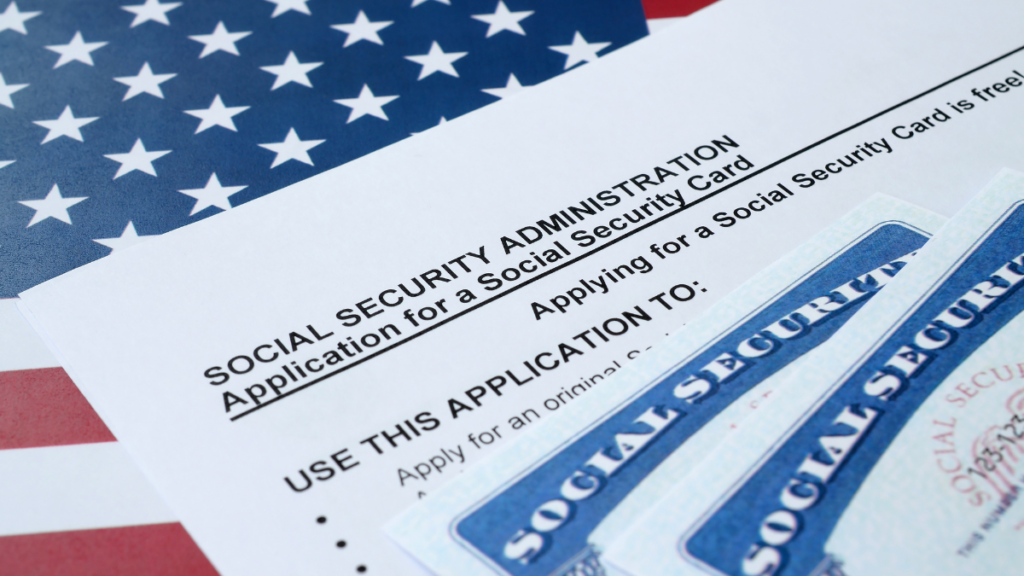
Given the ongoing concerns about the long-term sustainability of Social Security, this bill could provide an additional layer of financial security for those who have been unfairly penalized.
The outcome of this vote will be closely watched, not just by public sector workers but by all Americans concerned about the future of Social Security.
Conclusion
The Social Security Fairness Act represents a significant opportunity to correct long-standing financial injustices faced by millions of public sector workers. With strong bipartisan support, its passage would eliminate the Windfall Elimination Provision and Government Pension Offset, providing much-needed financial relief and greater retirement security for those who have served their communities.
As Congress prepares to vote, the outcome holds crucial implications for the future of Social Security benefits in the U.S.
Q1. What is the Social Security Fairness Act?
A. The Social Security Fairness Act is a proposed bill aiming to repeal the Windfall Elimination Provision (WEP) and Government Pension Offset (GPO), which currently reduce Social Security benefits for many public sector workers.
Q2. Who introduced the Social Security Fairness Act?
A. The bill was introduced by Representatives Abigail Spanberger (D-VA) and Garret Graves (R-LA) and has gained broad bipartisan support.
Q3. What is the Windfall Elimination Provision (WEP)?
A. The WEP reduces Social Security benefits for individuals who have worked in jobs not covered by Social Security, affecting their benefits from other Social Security-covered employment.
Q4. What is the Government Pension Offset (GPO)?
A. The GPO reduces spousal and survivor benefits for those receiving government pensions from jobs not covered by Social Security, potentially cutting these benefits by up to two-thirds.
Q5. How many people are affected by the WEP and GPO?
A. Approximately 2.8 million Americans are currently affected by these provisions, primarily public sector workers such as teachers, firefighters, and police officers.
